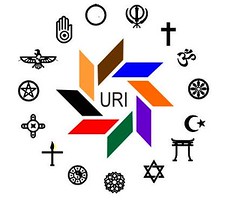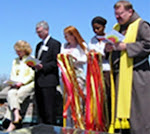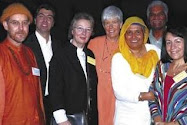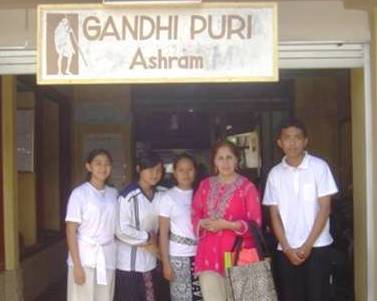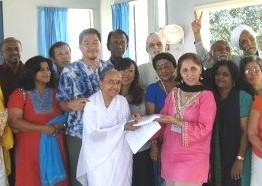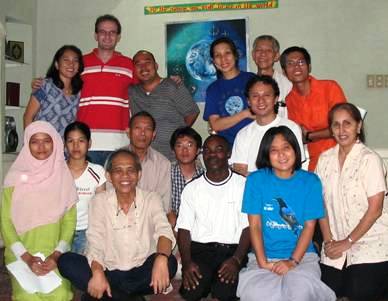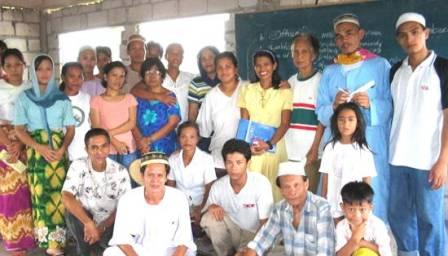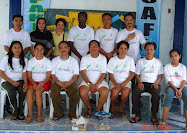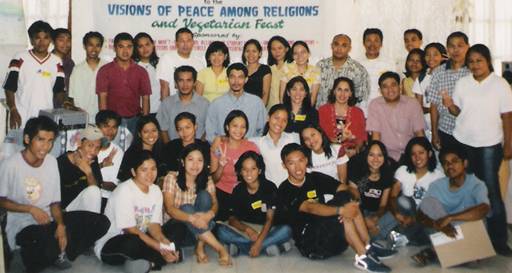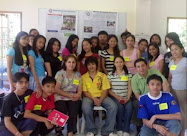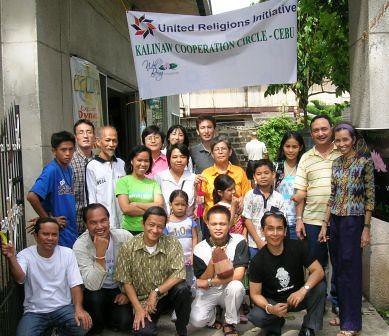JKS: I am a Sikh. Sikhism is a monotheistic faith that teaches everyone to lead an honest life, to earn an honest living and share what we have with the less fortunate. It encourages one to practice daily prayers and meditation. It also seeks to develop in one’s self – unconditional love, and selfless service. The teachings of Sikhism lead us away from animosity and towards fearlessness. It teaches us to be always humble and compassionate, while standing up for social justice. We are guided into strive for continuous self-improvement towards achieving oneness with nature and all of creation. We believe in leading a life towards becoming a saint soldier.
The word “sikh” means 'learner', thus we always try to be a learner of the Cosmos.
TCC: What are your experiences in interfaith dialogue?
JKS: I was born in Malaysia-- in a multi-faith environment. Growing up in a Methodist School I have been engaged in interfaith dialogue all throughout my life since childhood. I had always been interested and fascinated by all the faith traditions. I would usually spend as much time as possible sharing with elders of diverse spiritual traditions and learning from them. I have constantly joined in celebrations of different festivals at temples, churches and various places of worship. Furthermore, religion has been a favorite subject of mine since childhood.
TCC: What are teachings from your faith or some or your personal insights that inspire you to engage in interfaith dialogue?
JKS: Guru Nanak, the founder of Sikh religion travelled widely east to west sharing himself and his wisdom. He insisted on saying that if you are a Muslim then be a good Muslim, or if you are a Hindu then be a good Hindu, or if you are born to any other faith then be a good practitioner of that faith. We do not ask people to convert to our faith nor treat ourselves superior to others. Those are basic teachings from Sikhism.
TCC: How has the practice of interfaith dialogue enriched you?
JKS: I feel very fortunate and enriched having been widely exposed to the experience of interfaith dialogue such that I see myself in the future continually engaging in it and never ceasing to learn more from it and to share my learnings with others. It has made me more capable of being there for others as it has cultivated in me the sense of kinship and equality and the consciousness that each one is my family. The practice of interfaith dialogue has helped me with my own journey as I crossed the highs and the lows along the path towards finding peace. I may now be able to lead in the area of interfaith dialogue, yet I also still remain a student who is open to new lessons.
TCC: What message would you like to convey to the readers about interfaith dialogue?
JKS: To know thyself is to know others. To be at peace in ourselves we have to be at peace with our interrelationships with others. We are all on this journey, so let us just enjoy and appreciate each other's company. Divided we may fall but together we can stand and make it through. Let us enjoy this beautiful planet-- this ‘promised land' bestowed as a home for us and for our future generations.
 EMBRACING DIVERSITY
EMBRACING DIVERSITY